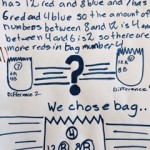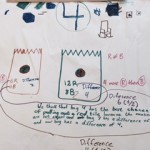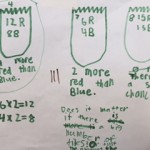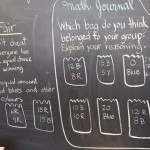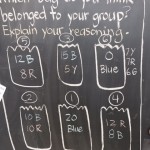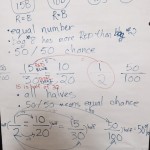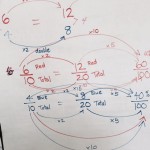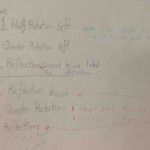Resources Used
Stein, Mary Kay, and Margaret S. Smith. (2011). 5 Practices for Orchestrating Productive Mathematics Discussions. National Council of Teachers of Mathematics. 1906 Association Drive, Reston, VA 20191-1502.
Black, Paul, and Dylan Wiliam. (1998). Assessment and classroom learning. Assessment in education, 5(1), 7-74.
Black, Paul, Dylan Wiliam and Assessment Reform, G. (1999). Assessment for learning: beyond the black box. Cambridge: University of Cambridge Institute of Education.
Wiliam, Dylan and Judith Reed. “What Does Research Say the Benefits of Formative Assessment Are?” Research Brief. VA: NCTM, 2007.
Ontario Ministry of Education Capacity Building Series: Inquiry-based Learning.
https://www.edu.gov.on.ca/eng/literacynumeracy/inspire/research/CBS_InquiryBased.pdf
Ebby, C., Ottinger, M., & Silver, P. (2007, October). Improving mathematics instruction through classroom-based inquiry. Teaching Children Mathematics, 14(3), 182-186.
National Council of Teachers of Mathematics (NCTM). Principles and Standards for School Mathematics. Reston, VA: NCTM, 2000.
http://www.nctm.org/Standards-and-Positions/Principles-and-Standards/
Nicolson, C. P. (2005). Is chance fair. Teaching Children Mathematics, 12(2), 83.
Towers, J., and Proulx, J. (2013). An enactivist perspective on teaching mathematics – Reconceptualizing and expanding teaching actions. Mathematics Teacher Education and Development, 15, 5-28.
Resources Created
These resources will open in your browser in a new tab, or be downloaded to your computer.



